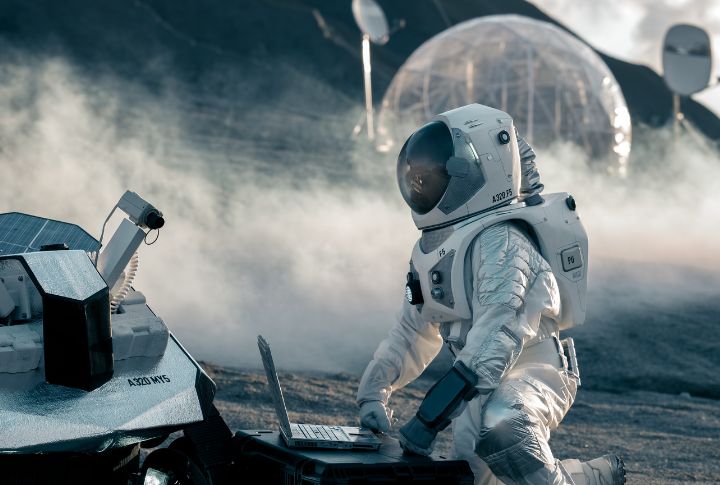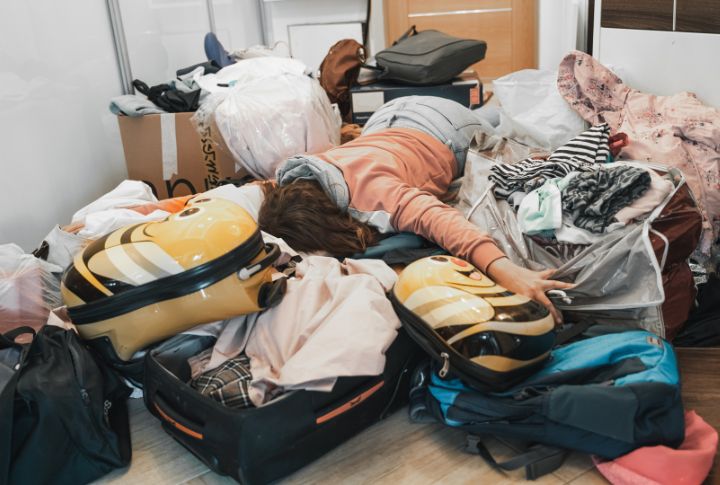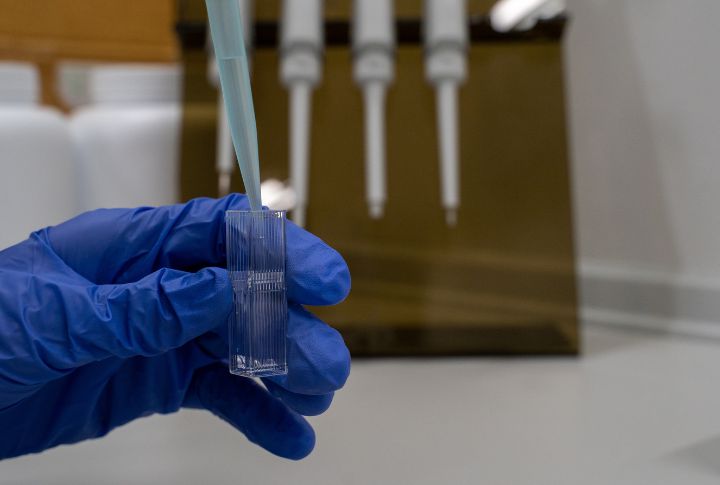
Space, the final frontier, is a realm of boundless curiosity and scientific exploration. Yet, amidst the marvels of the cosmos, there exists a strict set of rules governing what can and cannot accompany astronauts beyond Earth’s atmosphere. In this article, we unveil the enigmatic reasons behind why 15 seemingly innocuous items are strictly prohibited from venturing into the depths of space.
Aerosol Cans

Aerosol cans contain pressurized gases and volatile chemicals, making them hazardous in a rocket’s controlled habitat. The chance of explosion or leakage poses a severe threat to both crew and equipment.
Glass

While glass may seem innocuous on Earth, it poses a significant hazard for cosmonauts. In microgravity, even the smallest glass shard could become a dangerous projectile, capable of puncturing the shuttle’s walls or injuring crew members. Space assignments use alternative items like plastics or ceramics to avoid such hazards.
Perfume and Cologne

Fragrances contain volatile compounds that can permeate the closed climate of a space capsule, leading to possible respiratory issues for crew members. Moreover, intense odors in confined rooms may cause discomfort or even nausea among astronauts.
Non-Food Related Scents

Beyond perfumes and colognes, pungent-smelling substances not directly related to food preparation are also banned in space. These scents can linger in the spacecraft’s atmosphere, possibly affecting crew members’ well-being and compromising air quality.
Radioactive Materials

Radioactive substances pose severe health hazards due to increased exposure to cosmic radiation. The potential for accidental release or contamination also endangers crew members and mission objectives. Therefore, strict protocols prohibit the transport of radioactive substances aboard the shuttle.
Open Flame Devices

Open flames, such as candles or matches, are strictly forbidden in a spacecraft’s controlled habitat. The absence of gravity alters flame behavior, increasing the risk of uncontrolled fires that could rapidly spread and endanger the crew and mission. Alternative heat sources, such as electric heaters, are used instead.
Large Metal Objects

Large metal objects, particularly those with sharp edges or protrusions, pose a significant risk of puncturing spaceship walls or damaging critical gadgets. Additionally, these objects can become unmanageable projectiles in zero gravity, threatening crew safety.
Strong Magnetic Materials

Strong magnetic materials can interfere with sensitive instruments and electronic appliances on the shuttle, leading to malfunctions or data corruption. To ensure the reliability and integrity of mission-critical systems, items containing robust magnets are banned.
Carbonated Beverages

Carbonated beverages, like soda or sparkling water, are not allowed due to the likelihood of gas release in microgravity. Without gravity to separate liquid and gas phases, carbonation could cause beverages to foam uncontrollably, creating a mess and potentially damaging equipment.
Certain Foods

Certain foods with fervid odors or crumbly textures are prohibited in space to maintain a clean and hygienic environment. Foods like chips or crackers can produce crumbs that float freely and may clog air vents or sensitive gadgets. Plus, spicy foods can affect the overall aroma of the spacecraft, impacting crew comfort.
Certain Medications

Some medications may have adverse effects or interactions in the unique space setting, where factors like zero gravity and radiation exposure can impact physiological processes.
Excessive Personal Items

Rockets have limited storage capacity, and excess personal items can clutter living quarters and impede crew mobility. To optimize efficiency and safety, astronauts are allowed only essential personal belongings during missions. This practice ensures that resources are allocated wisely and emergency procedures remain unobstructed.
Pets

As much as cosmonauts may love their furry companions, pets are banned from space operations. The challenges of caring for animals in microgravity, limited resources, and possible health dangers make it impractical to bring pets along.
Biological Samples

Biological samples, including plants, animals, and microorganisms, are subject to stringent containment protocols to prevent contamination of the spaceship conditions. Introducing foreign biological material could compromise scientific experiments and endanger the crew’s well-being.


Comments
Loading…